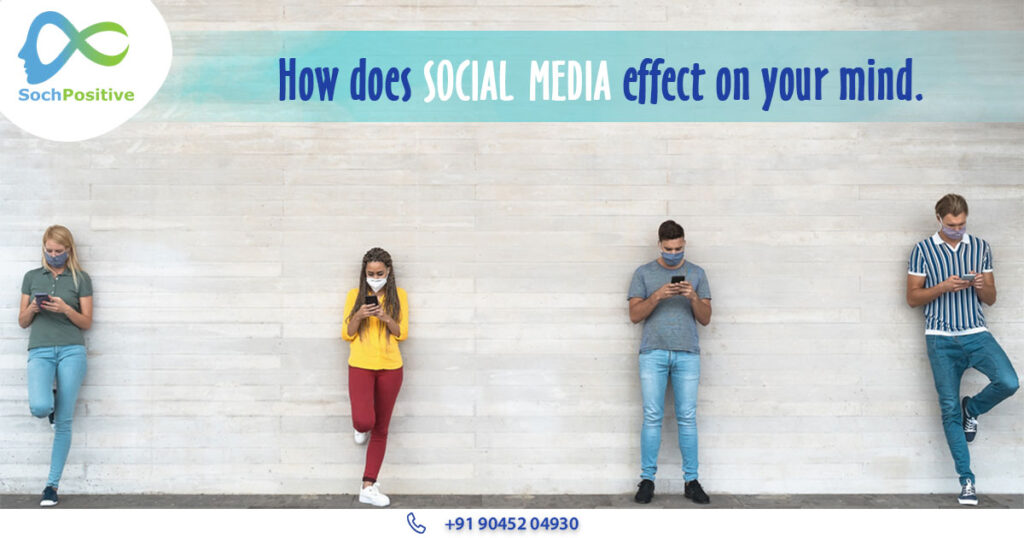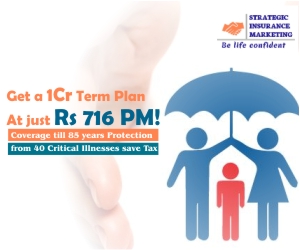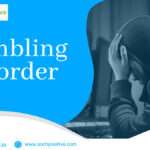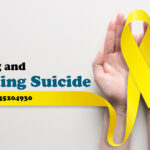Edited By Ms. Shourya Gupta
Social Media has become a great part of our lives. And now with the pandemic, it has replaced in-person interactions even more. Our work is also somehow dependent on Social Media now and we cannot really cut ourselves out from it completely. We are spending a long number of hours on it daily and sometimes just mindlessly scrolling through it.
We all know there are definitely some positive aspects of Social Media, like it helps you to communicate and stay up to date with friends and family around the world, it helps you to stay connected to your colleagues for work, it helps you connect with people when you are lonely, it can be an outlet for your creativity and self expression and it can be utilized for various campaigns and social awareness – just like we are utilizing it for creating content and spreading awareness regarding mental health.
However, many studies have found a strong link between heavy social media use and an increased risk for depression, anxiety, loneliness, self-harm, and even suicidal thoughts.
There are many negative aspects of Social Media like –
- It makes you feel inadequate about your life or appearance, it affects your self-esteem and body image. Looking at everyone’s fancy pictures can make you feel insecure about your looks and some aspects of your life. It might trigger feelings of jealousy and envy. And might make you feel that your life is not as blessed as others.
- Watching other people having fun at eye-catchy destinations and achieving big things in life might trigger anxiety or depressive feelings.
- Over-indulgence in it might make you prioritize social-media interactions over in-person interactions, which might become a risk factor for developing or exacerbating mood disorders and social anxiety.
- Activities on internet like cyber bullying and making offensive comments again can trigger depressive and anxious feelings and can affect your self-esteem.
- Being self-absorbed on social media, taking endless selfies, using filters to enhance your look in your social media posts, caring only about the likes on your social media posts might create an unhealthy self-centeredness and distance you from your real life connections.
The Vicious Cycle of Unhealthy Social Media Use
- You feel depressed, lonely, anxious, you use social media more often as a way to relieve boredom or to feel connected to others
- Using Social Media more often increases feelings of inadequacy, dissatisfaction and isolation
- In turn, these negatively affect your mood and worsens the symptoms of anxiety, depression and stress
- With worsening of symptoms, more use of social media and the cycle continues….
Signs that Social Media is impacting your Mental Health –
- You are spending more time on social media than with your real world friends and family and you prefer online interactions more than in-person meetings
- You are comparing yourself unfavourably with others on social media which in turn is affecting your self esteem and body image
- You remain distracted at your school, college or work
- You are not spending any time on self-reflection or any hobbies or any productive task
- You have a disturbed sleep cycle
- You are engaging in risky behaviour in order to gain likes or publicity on social media platforms
- Your symptoms of depression and anxiety are worsening
Steps that can be taken to curb Social Media use and improve Mental Health
- Reducing time online
You can do this by using activity tracker apps, turning off phone at certain times of the day (for example, post work) and by not taking phone to bed when you plan to go off to sleep.
- Changing your focus
Distract yourself with other activities that you like doing, that make you feel like you did something productive, for example, cooking, baking, cleaning up a messy space, meditation, drawing, painting, etc.
- Spending more time offline with your friends and family
Take a digital detox after you are done with your classes or work for the day and spend time talking to your family members, helping them in household chores and discussing about your day.
- Expressing gratitude
Feeling and expressing gratitude about the important things in your life can be a relief to the feelings of resentment and discontent sometimes generated by social media.
- Practice mindfulness
Comparing yourself unfavourably to others keeps you dwelling on life’s disappointments and frustrations. By practicing mindfulness, you can learn to live more in the present moment, lessen the impact of negative feelings like envy and jealousy and low self-esteem, and improve your overall mental wellbeing.
- Discuss about your underlying negative feelings with friends and family in-person
Discussing about your underlying negative feelings with your friends and family would help you process your feelings and emotions and have a proper outlet for them, which otherwise would stay in your mind and constantly disturb you.
- Enforce social media breaks
For example, you can ban social media until you have completed your pending work for the day, not using phones at the dinner table, and planning family activities that dismiss the use of phones or other devices. And to prevent sleep problems, always try turning off you phone at least one hour before bed.
- Encourage exercising and other offline activities
Encourage yourself to pursue physical activities and hobbies that involve real-world interaction. Exercise is a great thing for relieving anxiety and stress, boosting self-esteem, and improving mood and is something you can do with your family as well. The more engaged you are offline, the less your mood and sense of self-worth will be dependent on how many friends, likes, or shares you have on social media.
- Practice Journalling
Journalling helps you clear your mind, it helps you release your pent up feelings and everyday problems and helps you identify negative thoughts and behaviours and process them effectively. Journalling is a scientifically proven method to deal with the feelings of anxiety and depression.
Take help from a Mental Health Professional if your mental health is so badly impacted by social media that your daily life functioning is significantly hampered.








